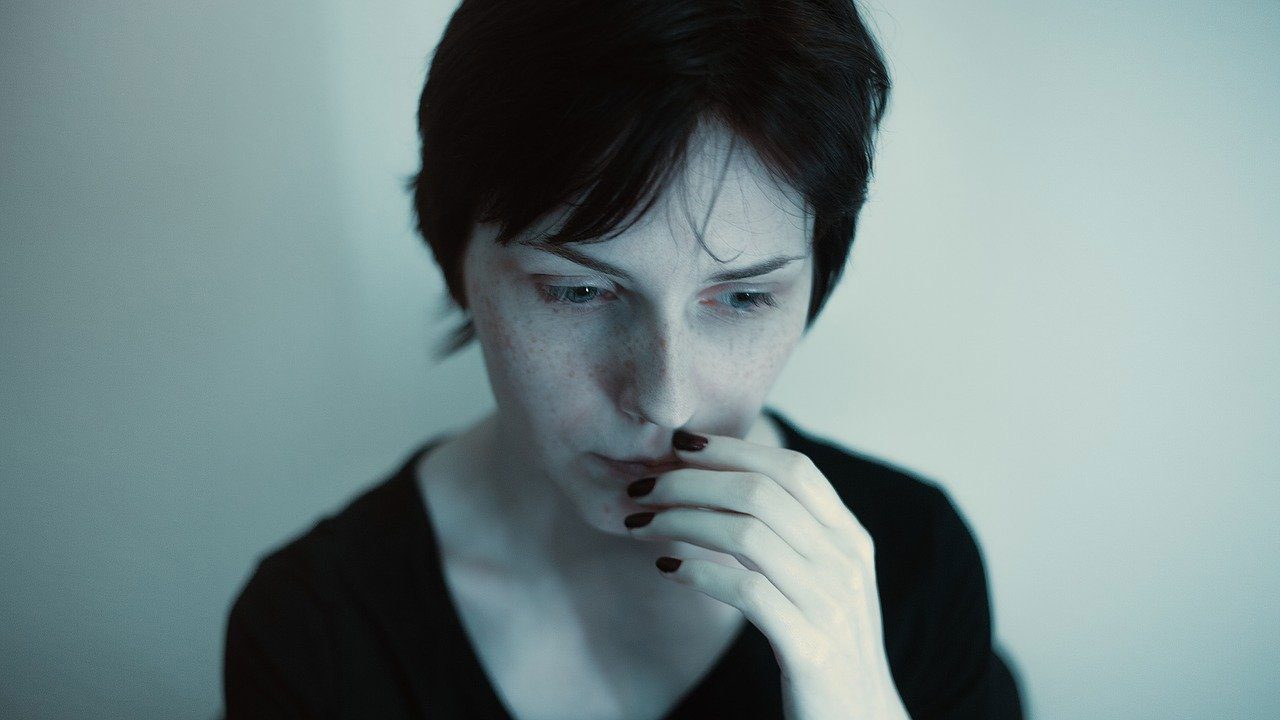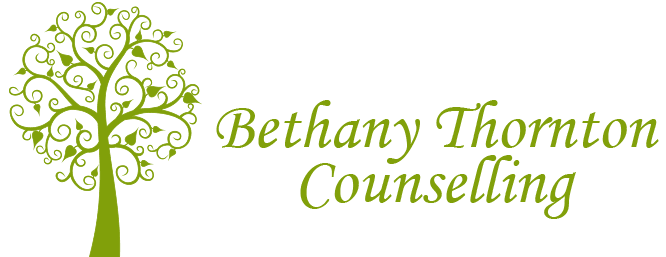Uncertainty
One of the words I’ve heard a great deal over the past 10 months is the word ‘uncertain’.
People have described this time in our lives in that way since the beginning of the pandemic, and when I think about that word it conjures up images of fear, worry, the not-knowing that makes everything feel shaky and frightening. It’s that creeping anxiety of something bad lurking just around the corner – and we have to be alert and on our guard just in case.
I realise that there are a lot of people who are already living with loss as a result of Covid-19, whether that’s loved ones, health, jobs, or businesses etc., and my heart goes out to those in that loss. However, there are many, many others who are living with the fear of loss, which can cause us to struggle through the day, imagining all sorts of difficulties and worst-case scenarios and having to think about how we’ll cope.
I think we worry about the future ‘…how will I cope if…’ for a number of reasons, one of which is because of our survival instinct. We believe we’ve got a far better chance of surviving adversity if we can try to prepare ourselves, by predicting potential problems and planning how we’ll deal with them. I suppose it’s like a mental risk assessment that can kick into gear whenever we’re feeling unsafe. The first thing I would say here is that that’s totally understandable, I don’t think I’ve met anyone in my entire life who doesn’t do this. To some extent, some thought about the future is helpful, after all it’s why we take out car, house, life, and pet insurance. A little bit of preparation to look after ourselves is no bad thing, however when our worry about the future is getting us down and making us feel awful, that’s when it’s become a problem.

I’ve also observed in my counselling work that there’s a belief that if we can predict difficulties and loss then they won’t feel quite as painful when they happen. Or if we don’t allow ourselves to get too hopeful then we can’t be disappointed, but is this actually the case?… I honestly don’t think so. We can try and inoculate ourselves against future pain this way but all we end up doing is tarnishing our enjoyment of moments of peace or happiness in our daily lives. Those moments might be simple ones like a family meal, taking the dog for a walk, a phone catch-up with a friend, some positive feedback from work. We can either embrace, appreciate, and take as much enjoyment as we can from these, or we can let the fear of the future sabotage our enjoyment of today.
Another reason we worry about the future is self-doubt – we think we won’t cope if a big problem hits us, we won’t have the emotional or practical capacity to deal with the sadness or the changes it brings. Somehow the problem will be too big for us and we’ll go under. However, think about this a bit more…up to this moment, someway, somehow, you’ve managed to find a way through every difficulty you’ve experienced so far in your life….so why not acknowledge that for a moment and draw on its courage. You’re a survivor and you’ve got more inner strength than you give yourself credit for.
Life is tough at the best of times, but this pandemic has made things much harder. However, thinking about the ‘what if’s’ and ‘how will I copes’ can cause us to feel stressed, anxious, panicky and depressed. We’re losing any sense of peace and enjoyment in our day because we’re worried about things that haven’t happened yet (and might not ever happen). One important saying in Cognitive Behavioural Therapy is ‘Don’t believe everything you think’. Just because we think something doesn’t make it true. Consider this…how many times have you worried about something bad happening, but it didn’t…? Or it did happen, but it was easier to deal with than you thought? I’ve written some blogs on unhelpful thinking which you can find on the blog page of my website. Head to pages 3 and 4 where you’ll find info on over-thinking, emotional reasoning, mind-reading, and time-travelling.
An excellent quote by a well-known researcher and author Brené Brown in her book ‘The Gifts of Imperfection’ writes: ‘The dark does not destroy the light, it defines it. It’s our fear of the dark that casts our joy into the shadows’. Life is full and dark and light – but we won’t fully benefit and gain strength from the light if we’re constantly anxious about the dark. I think of it a bit like solar panels – they fit on the roof and collect energy from sunlight, which can be used to power various appliances, including the lightbulbs when it gets dark. To get the most we can from those panels we position them so that they’ll catch as much sunlight as possible. It’s the same with ourselves. If we can position ourselves to embrace the light, the good bits of life, as much as possible, then this can give us strength when dark times come. Those lighter times give us lovely memories to reflect on and give us hope that things will get better and that life isn’t all bad.
In the difficult times that we’re facing at the moment, we may have to be even more intentional in making lighter moments happen, or simply being mindful and focusing on appreciating those moments more. For example, if you’re eating your dinner, try and really focus on what you’re eating. Take your time, really think about the smell, textures and flavours of each mouthful of food, mull them around in your mouth and savour them. Or if you’re taking a walk – really focus on what’s around you, the fields, trees, houses or whatever you can see. Is there anything you can smell i.e. pine trees, bonfires etc. What can you feel? – the wind in your face, the warm clothes you’re wearing, your feet cosy in your socks and shoes etc. When you try to focus your mind more on the here and now, then it helps give yourself a break from the worry about the future. It does take some practice to be mindful – it’s like a skill we have to learn, remember to do, and then practice it to be good at, but it’s a skill that can help you manage worry for the rest of your life, so well worth a try.
Self-care is also important in emotional resilience, so how can you be that bit more self-caring? When I first mention self-care to clients, quite a lot of them automatically think it’s being selfish, that it involves focusing too much on themselves, and therefore reneging on their responsibilities such as taking care of their partners, children, elderly parents etc. Self-care isn’t about selfish indulgence at a cost to others, it’s simply recognising that if we look after ourselves well, then we’ll be in a healthier place to take care of everything else. So, what could you do for yourself today that would cheer you up a little? Or help you relax? You are worth taking care of, you matter, your wellbeing matters, so think a little about how you can be gentle on yourself and be your own best friend. One of the kindest things you can do for yourself is to talk to yourself with care – less criticism and more praise. Heck, just getting through the day at the moment is an achievement for most of us, worth a proverbial pat on the back.
I hope this blog has given you an idea or two to help you with uncertainty, but if you’re going through a really tough time and would like someone to talk to, then please get in touch, I’m here for you.
